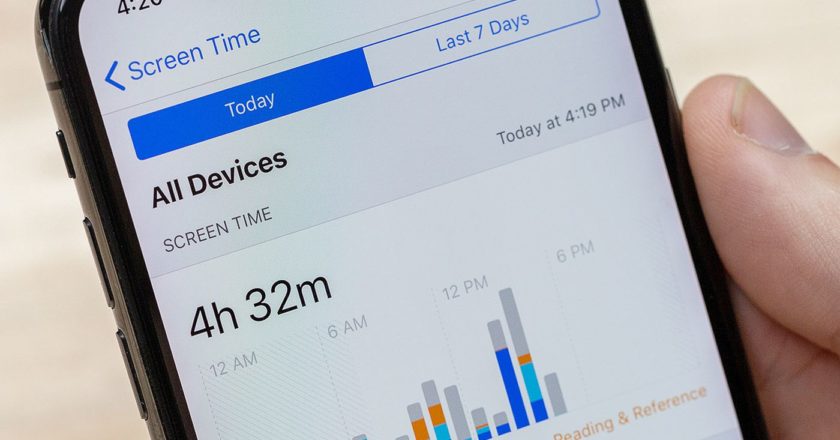Burning eyes, headaches, and stiff necks! Well, they’re all back. After a surprisingly long-lasting hybrid schedule, the GA Upper School, in an effort to optimize community safety, has transitioned to an all-virtual schedule. The transition to virtual school has led to an enormous increase in students’ screen time. For many students and faculty members, this has come with many challenges from physical exhaustion to diminished mental health. Concentration and motivation during the school day has become much more difficult, and many students have struggled to stay on top of their responsibilities.
Fortunately, there are many ways to help avoid these physical and mental challenges that this increased screen time has posed to our community. It is extremely important that you take some time out of the day to get away from your screen. If this means waking up early and going on a ten minute run before you get ready for school, it’s definitely worth it. Exercise is a great outlet to escape the stress of these tumultuous and long school days. Exercise boosts your energy, mood, and overall concentration. In between classes is also a great time to get in some physical activity, even if it’s just a couple yoga stretches. Dr. Mackean highly recommends Yoga with Adriene on YouTube!
Along the lines of yoga, meditation and relaxation tools are also a great way to clear your mind and get away from your screen. You may have also seen people in your classes wearing glasses who normally don’t in person. These glasses are most likely blue light glasses, which are meant to filter potentially damaging blue light. There isn’t really a consensus on whether they work from experts, but some people swear by them. If this seems like something you are willing to try, this might be a great thing to add to your holiday gift list! Something to keep in mind is that staying consistent with integrating these habits into your daily schedule will help much more than just occasionally trying them out.
On a more serious note, if you do not try to use these solutions, you may be threatening your health. With students’ average screen time skyrocketing to over 7.5 hours a day, the risk of myopia has been on the rise. Myopia causes nearsightedness, where faraway objects appear blurry. Myopia may also cause a lack of imagination and intellectual insight. This is an example of why it is so pivotal to keep yourself active and give yourself a break from the digital world that we are so heavily immersed in.
While there are many negative effects of increased screen time, there are also some benefits that we should appreciate. For example, it has allowed our community to stay connected and for others it has kept them in contact with loved ones. The increased screen time that we have witnessed has also encouraged people to get off their screens and take time to appreciate going outside and spending time with family.
Work Cited:

